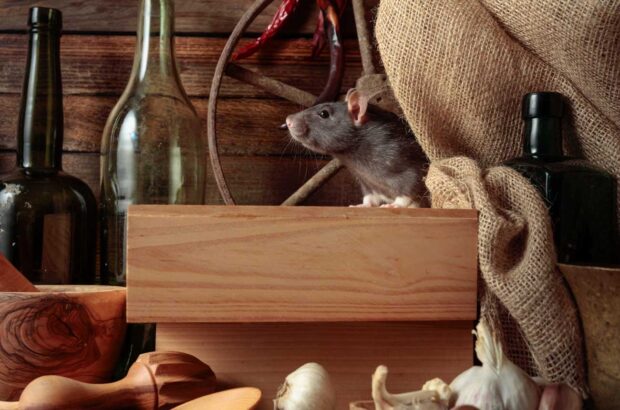Twenty-five sommelier students outperformed an untrained ‘control’ group of 29 people at identifying a range of common wine aromas within around two months of education, according to a study recently published in the journal Chemosensory Perception.
The study is part of ongoing efforts to examine the development of sommeliers’ brains as they gain olfactory training, with a view to better understanding brain health.
Context: Links to brain health
Experts already know that the brain’s memory hub, the entorhinal cortex, is first area to be compromised by neurodegenerative diseases such as Alzheimer’s.
In 2016, a study on 13 Master Sommeliers at the Cleveland Clinic Lou Ruvo Center for Brain Health in Las Vegas found that the entorhinal cortex was physically thicker in the wine professionals’ brains versus a control group.
‘We used Master Sommeliers because they are experts in wine, thus in olfaction,’ said neurologist Sarah Banks, PhD.
She and her team assessed structural differences in Master Sommeliers’ brains as well as functional response to motor, visual and olfactory tasks.
Results showed that sommeliers with longer careers exhibited enhanced and healthier tissue in the entorhinal cortex, suggesting that specialised training of sommeliers might result in enhancements in the brain well into adulthood.
‘This is important, given the regions involved are the first to be impacted by many neurodegenerative diseases,’ said Banks.
Latest study
In continued collaboration with Banks’ 2016 MS study, colleague Johannes Frasnelli, PhD et al, of the University of Quebec, published their 2019 study in Chemosensory Perception.
Frasnelli tested sommeliers at between three and nine weeks into their education. They were asked to identify 16 aromas often found in wine, ranging from anise, apple and clove, to coffee, leather, lemon and rose.
Results backed up the theory that sommelier students make excellent models to study brain health in relation to study-related olfactory performance.
‘We are currently working on an MRI study with sommeliers who have been studying for 18 months,’ said Frasnelli.
‘We would expect to see brain changes over time, as we did in Banks’ study.
‘We know from previous research done in other fields that the brain benefits from active studying and the brain areas processing smell are also responsible for memory, emotion, learning and reward. Olfactory training improves the brain capacity.’







